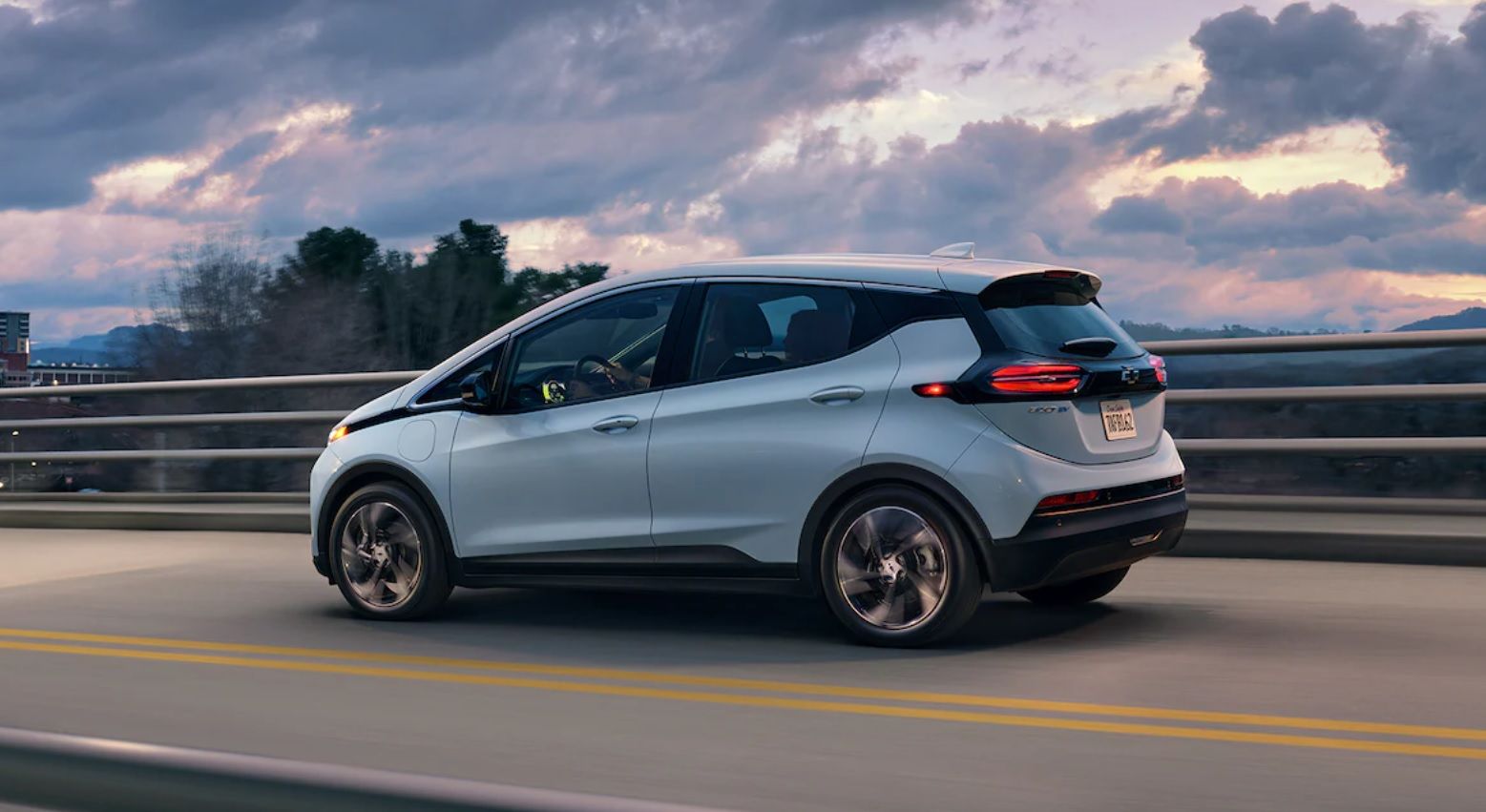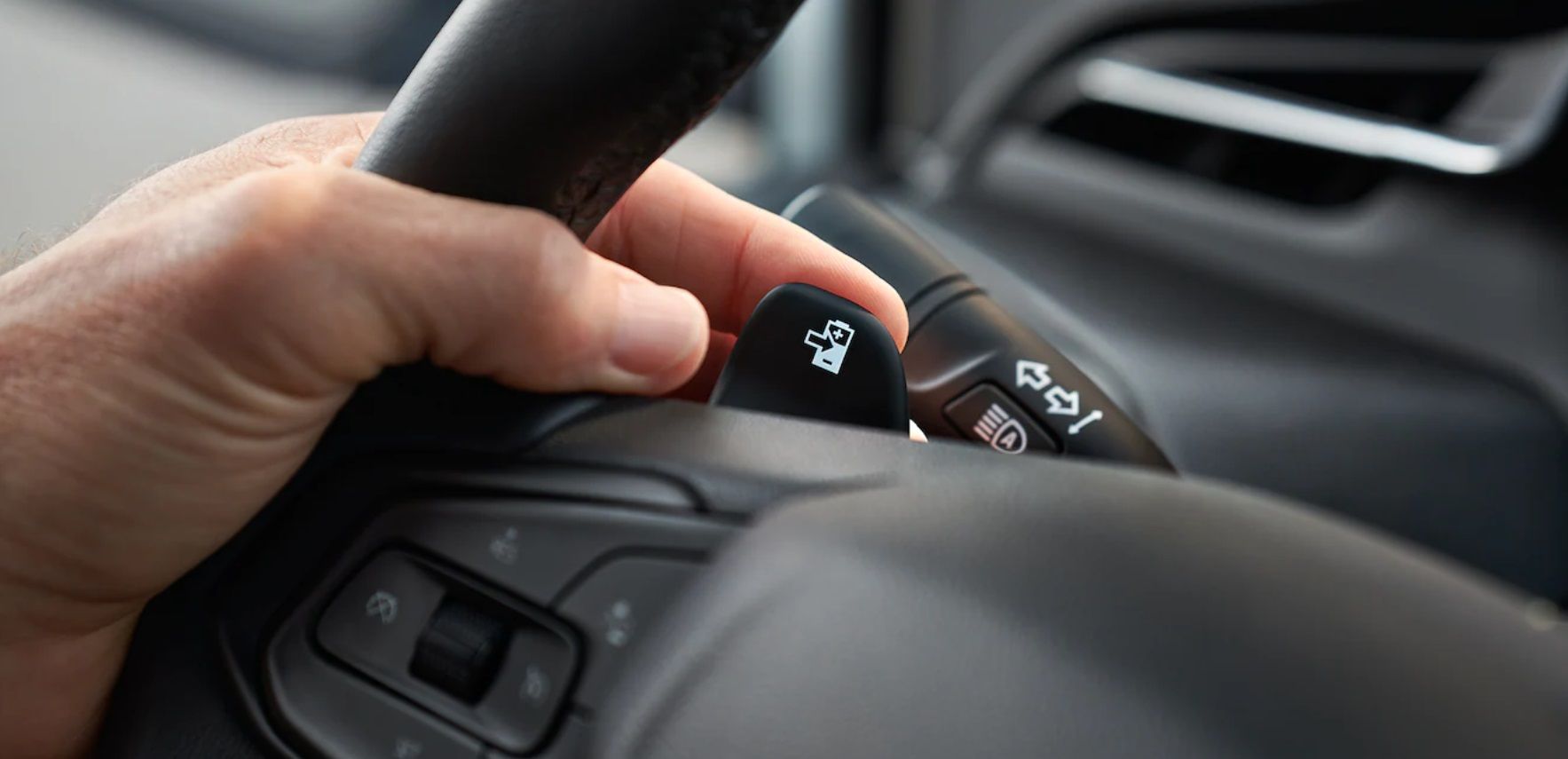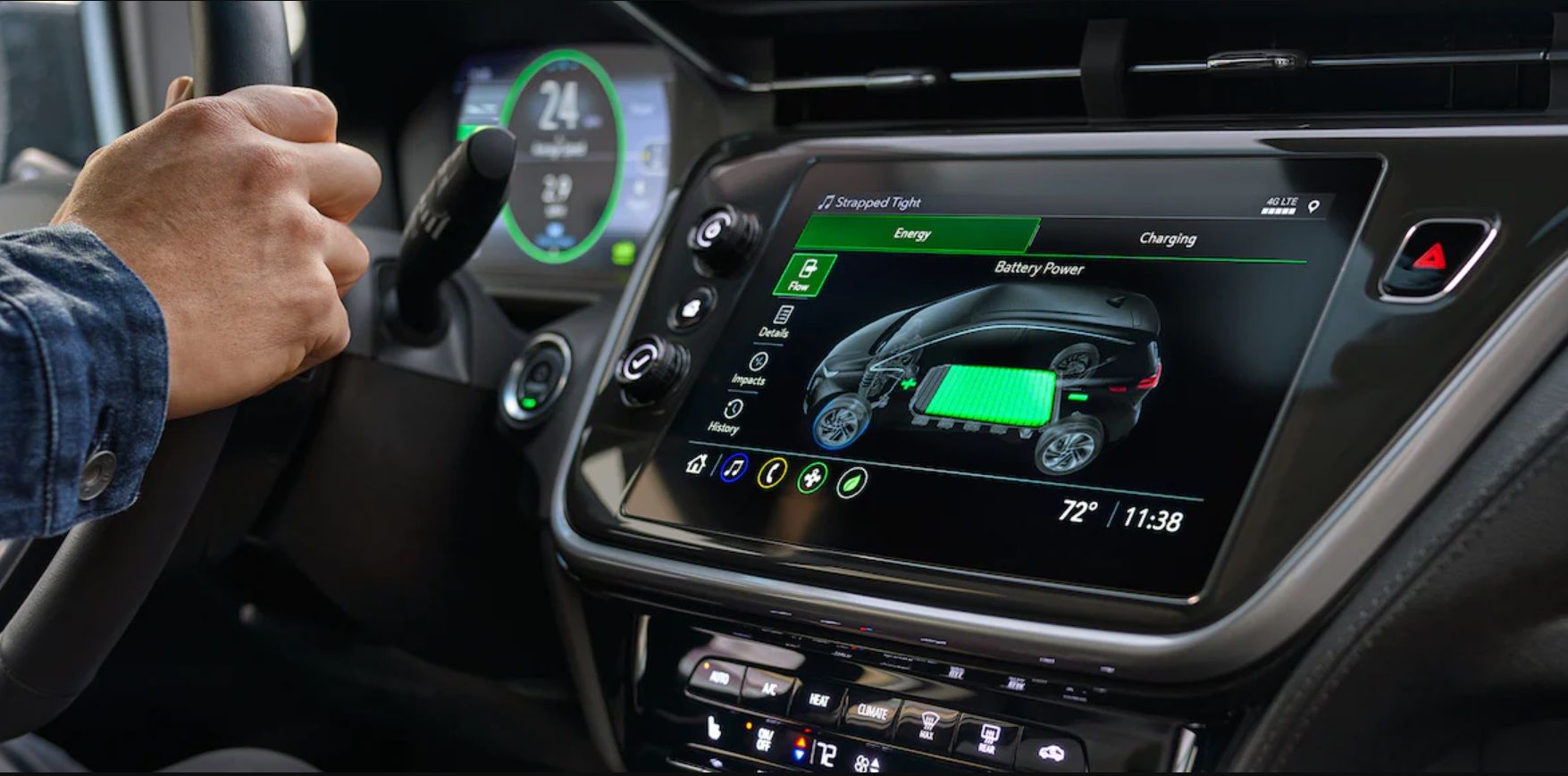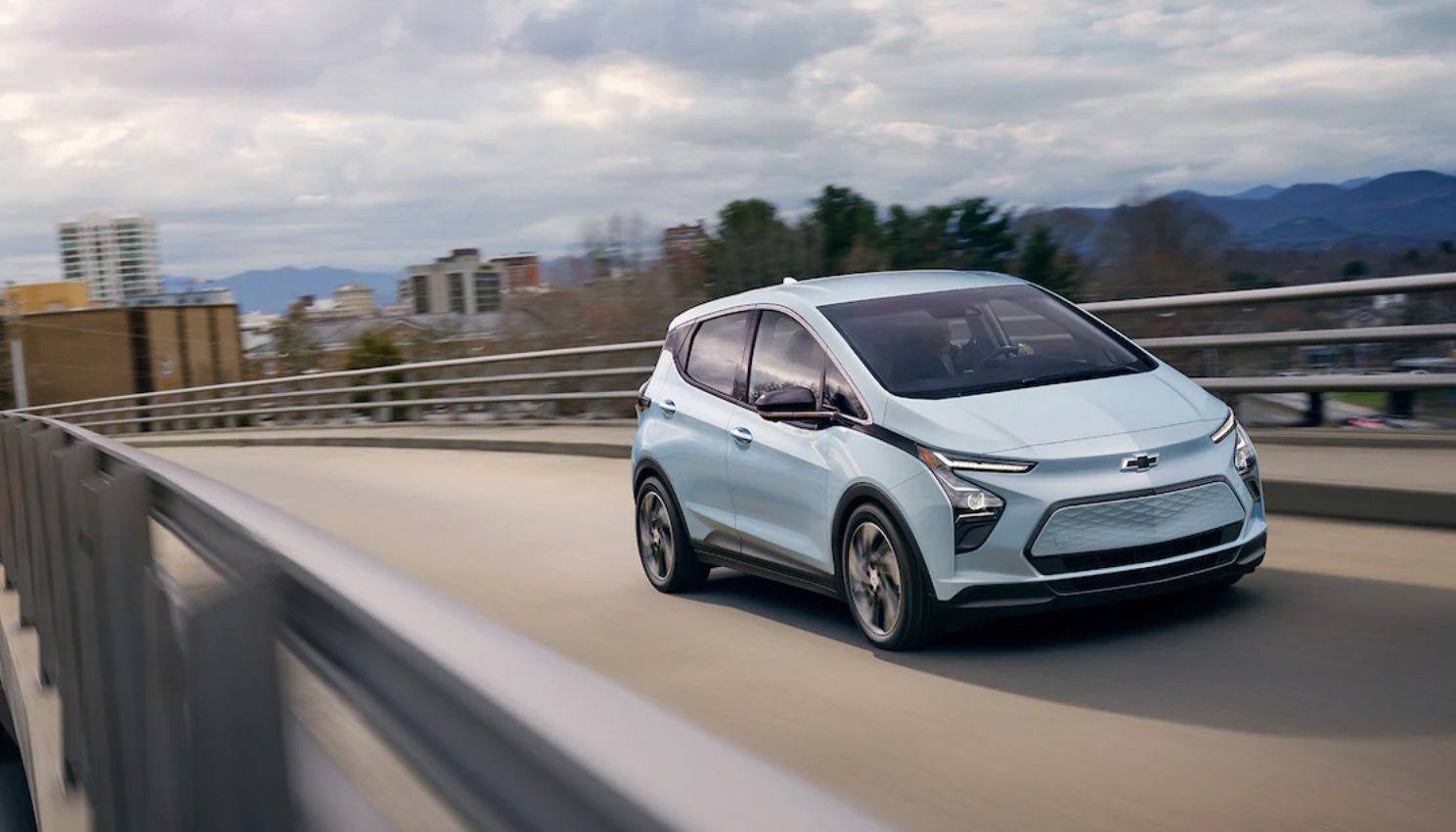When Chevrolet Bolt arrived on the market, many commuters were thrilled with its design and rushed up to reserve one vehicle for themselves. An electric-battery subcompact hatchback came from General Motors in 2017, looking to become the new best small commuter car on the market. The sales quickly reflected the customer excitement – the Chevy Bolt was the second best-selling plug-in car in the USA in 2017.
But then, the dream came to an end, or so it seemed. The not-so-little (or harmless) issue with the Chevrolet Bolt threatened to decrease the car's popularity and overall sales, and all for a good reason. The Chevy Bolt brought a safety risk for drivers, as a few of these compact EVs caught fire right on the open.
Needless to say, Chevrolet rushed to address the issue immediately with updates and replacement parts. Was it successful, considering many Chevy Bolt owners are still concerned about their vehicles catching fire and others may be reluctant to get the EV in the first place? If you own a Bolt or want to have one, here's what you need to know about the recalls.
What Was Behind The Chevy Bolt Recall?
When the Chevy Bolt got out, everything looked perfect. Drivers were super excited with its range, compact design, and reasonable price – until one day, the EV caught fire. One after another, 13 battery fires were detected globally. It was no longer an isolated issue that owners could overlook so easily.
In the end, Chevrolet, or rather GM, issued a statement advising owners to park their Bolts in open areas due to the battery-fire risk (as that was of any comfort for drivers). The automobile manufacturer revealed the problems with the battery modules that hold cells with the potential to develop a fire.
The Chevy Bolt recall extended to about 50,000 vehicles built from 2017 to 2019. That was initially. GM further expanded its recall to include all vehicles made from 2020 to 2022. The total number of EVs recalled reached more than 140,000 (scary, right?). But what does the Chevy Bolt recall include exactly? What did GM and its division do to address the problem?
New Software Update To Recalled Bolts
The first step GM has done to address the concern was to announce the replacement of all potentially defective modules that could lead to a fire. As we mentioned above, it was initially about replacing the ones in 2017-2019 Chevy Bolts, but the manufacturer later added the newest models as well. Therefore, all these replacements will come out pretty costly for GM. It is estimated the Chevy Bolt recall will cost the GM about $1.8 billion, if not more, considering the sales are likely to drop furthermore.
Along with replacing the modules, the GM will roll out a software diagnostic update for battery monitoring. To give you a little context about this, many Chevy Bolt owners ran into issues with parking and charging after the battery problem was revealed. Namely, many parking lots and charging stations restricted Chevy Bolt from entering due to safety reasons. Thus, the GM introduced software to mitigate this problem, allowing owners to remove these limitations until they receive replacement battery modules.
The software update will set the maximum charging limit at 80% (as the fire problem came only with fully-charged vehicles) and overlook the charging overnight. It will also notify drivers about any concerning battery behavior. Although not a cure for the disease, the software will increase safety until the replacements arrive. Chevy Bolt owners will be able to schedule its installation at their preferred dealers at a convenient time.
What To Do Until Replacement Modules Arrive?
If you own a Chevy Bolt, GM recommends having your software updated as soon as possible for safety reasons. If you can't do it right away, the manufacturer suggests following the other outlined steps before a replacement battery module arrives. Namely, set your vehicle to a 90% charge limitation, charge it more frequently, avoid draining the battery completely or charging indoors overnight, and park your Bolt outside.
Now, the Chevy Bolt recalls include all the production years, but the manufacturer will first send replacement modules to the specific timeframe. That will probably be the owners of the 2017-2019 Bolts.
“Our focus on safety and doing the right thing for our customers guides every decision we make at GM,” said Doug Parks, GM Executive Vice President. “As leaders in the transition to an all-electric future, we know that building and maintaining trust is critical. GM customers can be confident in our commitment to taking the steps to ensure the safety of these vehicles.”
We certainly believe in the commitment of the Chevrolet and GM teams, but does it resolve the concern of Chevy Bolt owners, and will it convince people to continue buying the EV?




